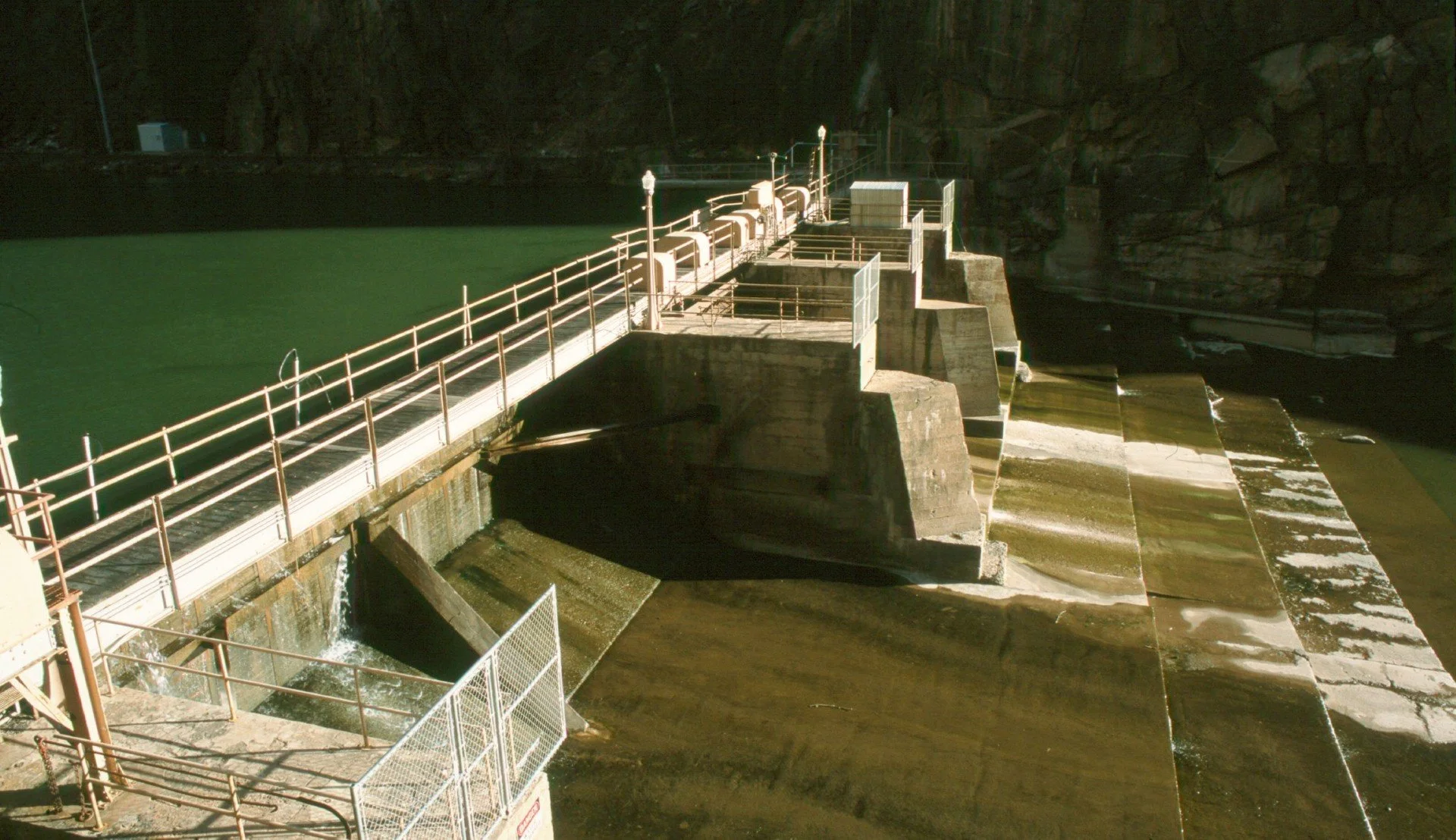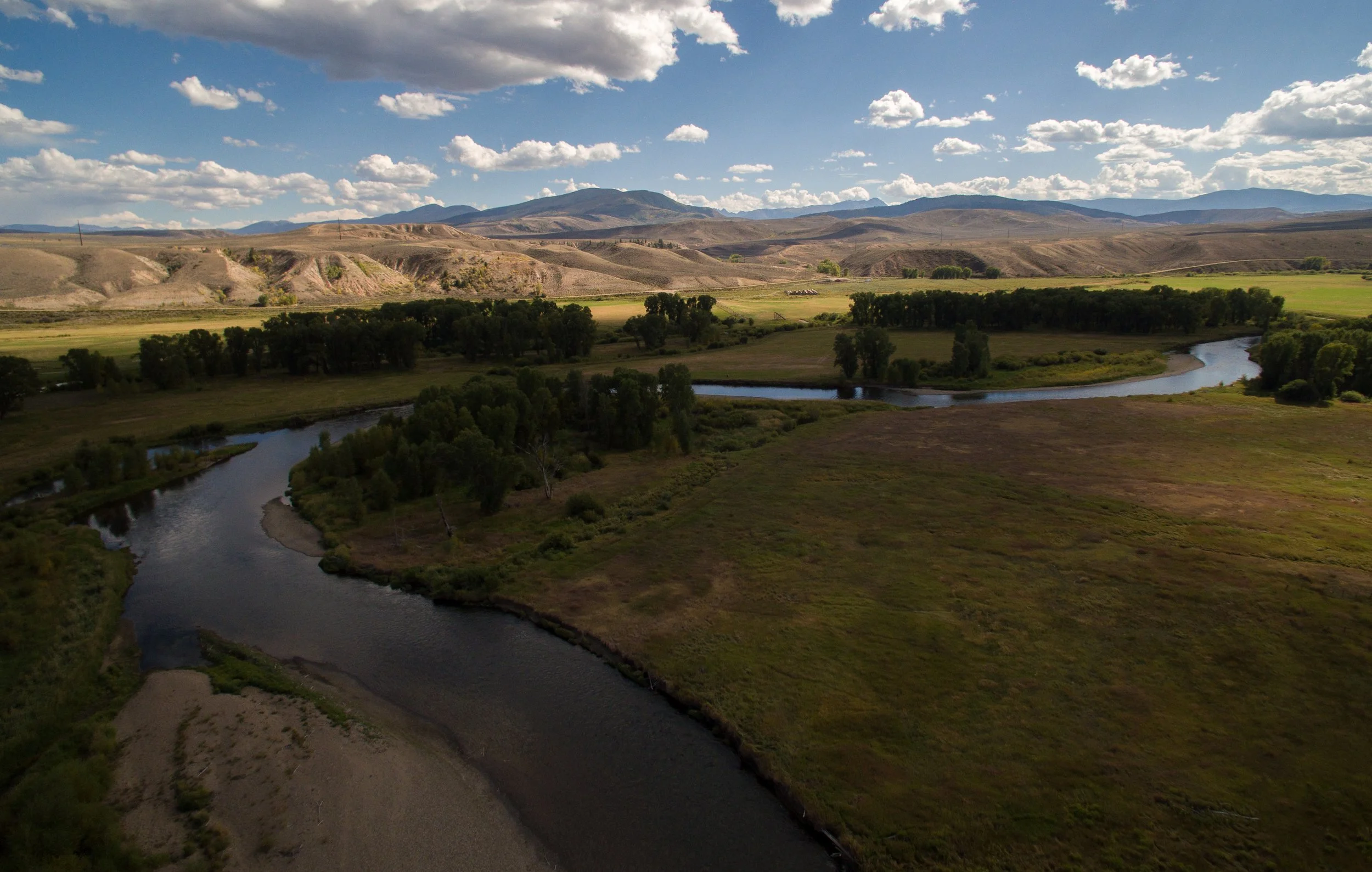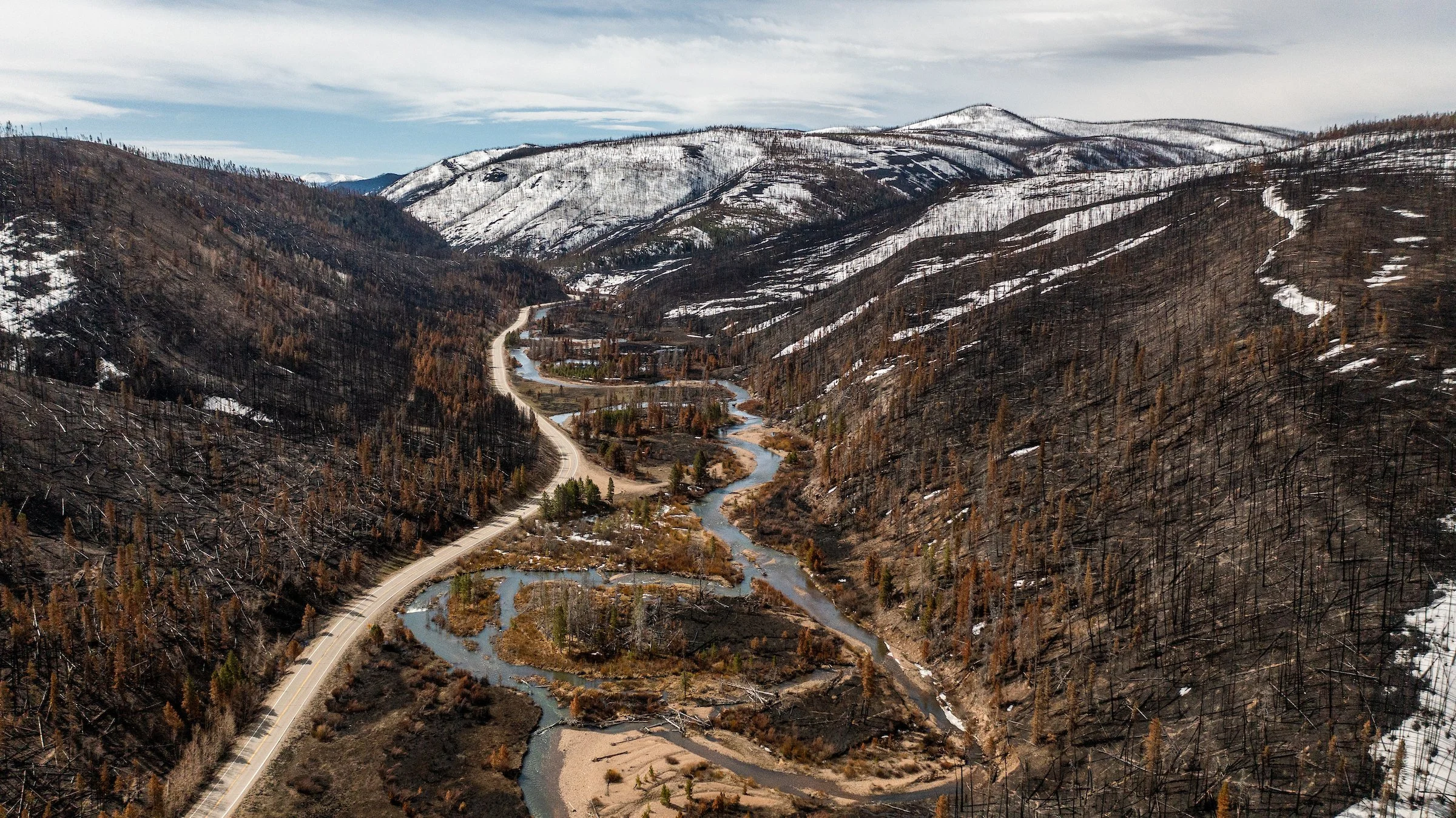Legislative Recap
By Jen Boulton, CTU Legislative Liaison
The 2019 session was one of the most intense in recent years. There was some Washington DC level obstruction on numerous bills; which led to some very long days, and even longer nights. After the dust settled, however, the conservation community achieved some remarkable successes.
One of the highest priorities for CTU was HB1113 to revamp some of the hard rock mining laws in the state. Most notably, the bill prohibited reliance on perpetual water treatment for newly permitted mines. Under the previously existing law, companies could apply for permits knowing that perpetual mine drainage pollution would result from their activities. In fact, the policy of the State of Colorado hasn’t allowed the practice for several years; but with passage of HB1113, the practice is prohibited by law so our streams and rivers are less reliant on the policies of a single department. HB1113 also prohibited the use of “self-bonding” for recovery on mining sites. Self bonding allowed companies to claim that a healthy corporate balance sheet negated the need to post bonds in order to ensure sufficient resources for reclamation. Lastly, the bill gave specific authority to State regulators to require bonds to protect water quality, rather than solely for surface reclamation. Put together, these provisions will help ensure that future mining operations are required to operate responsibly and in a manner that adequately restores the environments where mining takes place.
Another key measure was passage of the oil and gas regulation bill. One of the biggest obstacles to updating regulations on the oil and gas industry to protect streams and rivers has been the statutory provision that the agency responsible for regulation has also been required to foster development of oil and gas resources. That dual mission has led to significant difficulties in protecting water quality, as well as public health and safety. There has been a tremendous amount of misinformation circulated about this bill. It was absolutely not a resurrection of the 2018 ballot measure on setbacks – a measure that Colorado TU did not support. In fact, the word setback wasn’t even in the bill.
The bill actually addressed two major issues, and several smaller issues to streamline the process and improve transparency. First it removed the requirement that the State foster development. Instead, it made the regulatory agency responsible solely for regulating the industry. Second, the bill gave increased authority to local governments to regulate the siting of facilities in accordance with their land use policy. This provision was one of the most contentious. Industry claimed that the resulting patchwork of regulations would make development prohibitively expensive. Ironically, the bill merely put the oil and gas industry on the same footing with all other commercial and residential development, which was already subject to regulation and permitting by each local jurisdiction in the State.
On a more disappointing note, we were unable to pass HB1218, a bill that would have expanded the existing program allowing temporary leasing of water for protection of instream flows. The bill expanded the existing program from allowing temporary leases three years in a single ten year period; to allowing up to five years of leasing in ten, with renewal for up to two additional ten year terms. This program has already been used to help keep more water in drought-stricken streams, including three times (through 2018) on the Yampa River where leasing partnerships with the local water conservancy district have been essential in maintaining the fishery through drought years. Unfortunately, the opposition was strong enough to derail the bill, and force it into a discussion during the Summer at the water resources and review committee.










